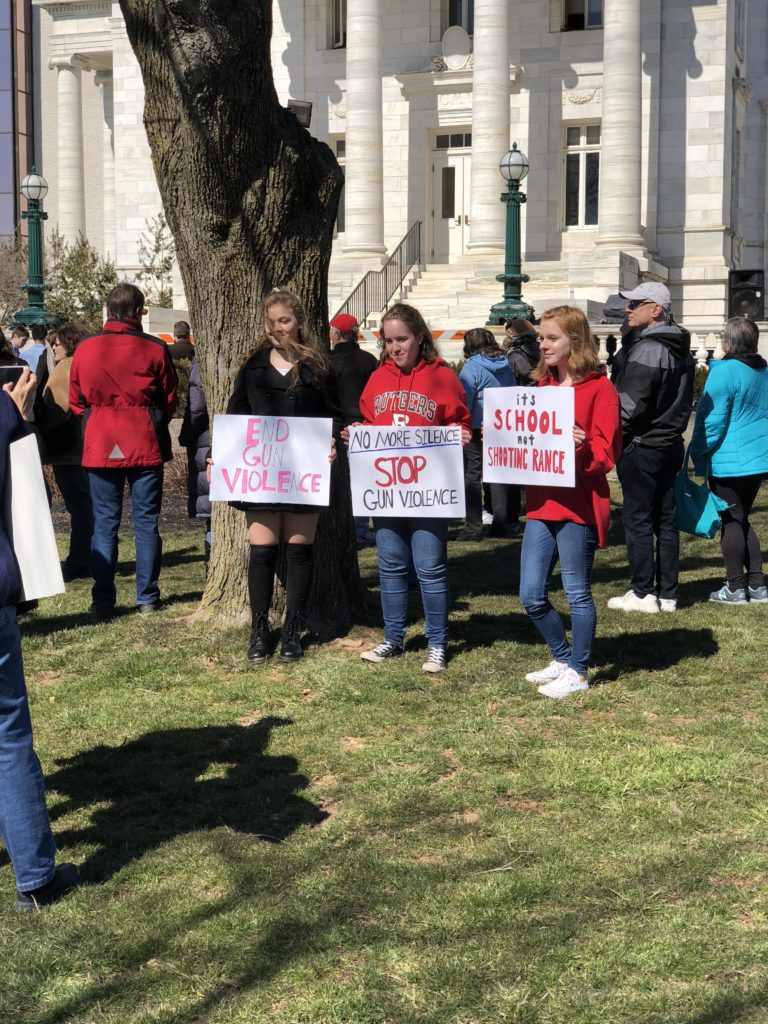Apologies to our readership. This has been an extraordinary time and there is almost too much to talk about. We have some new articles that will be going up in the Library shortly. And, much to say on the blog about everything that has happened in the last month or so that shows the frailty of our planet and civil society and where responsible investment capital can be a bulwark against the things that threaten both. But for now, just miscellany.
Happy Equal Pay Day.
No, not really. Until that day is January 1st, there is nothing happy about it. Also, look at the data underlying this catch-all symbol for pay inequity. There are those who discount the significance of the difference by pointing out that women take many of the lower paying jobs in our economy like food service workers and domestic employees, and therefore that amplifies the difference when looking at men vs. women in aggregate. We would argue that is actually exactly the point. Women, who are the majority of the population and the majority of college graduates, are as a group underrepresented in high paying white collar positions and overrepresented in positions that may be essential to the economy, but grossly underpay. Inclusion riders in Hollywood are definitely a highly visible step, but in a very constrained industry vertical. The best and most investable companies are the ones that strive for not just equal pay but also fair pay — a truly livable minimum wage — for all.
Happy Earth Day.
No, not really. We live on this planet, the only one we have until Elon Musk and Jeff Bezos are drag racing space convertibles to the stars, and we pat ourselves on the back for throwing Gaia a nice party and turning off some lights for a day before returning to prior behaviors. We all love New Year, lenten, and other resolutions. Give up chocolate. Exercise more. Swear less. So maybe those three are near impossible, but what is possible is to take each Earth Day and pick a personal behavior or a corporate behavior that reflects social, environmental and economic justice priorities you can affect and change it. Permanently. Even if they are small changes, the cumulative effect could be profound. Maybe this year go down the hall to HR and ask for sustainable investment options in your retirement plan, and then go buy that Starbucks travel mug.
Wait. What?
Wells Fargo. They do so love to be above the fold. After rampant borderline fraudulent behavior with their consumer banking clients preceded and followed by campaigning for the dismantling of Dodd-Frank, they manage to further distinguish themselves from other money center banks by coming down on the wrong side of the gun issue. They definitely want a lighter governmental hand when it comes to regulating banking activities, but are all for government taking the reins on high capacity consumer weaponry (Reuters). As we are very fond of pointing out at RIS, ignore your stakeholders at your own peril. The bank’s customers, shareholders, and communities are making themselves heard. Watch that share price if they become a target for divestiture from individuals, families, charities, pensions, etc. as clients and investors.
Stay tuned. Articles, blog posts, and some interesting papers from our industry friends yet to come.



